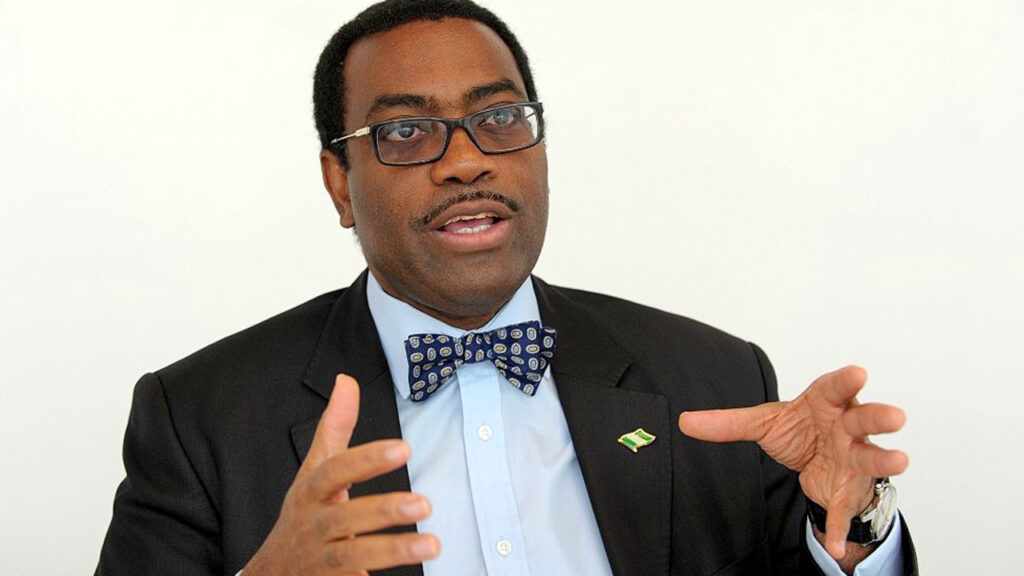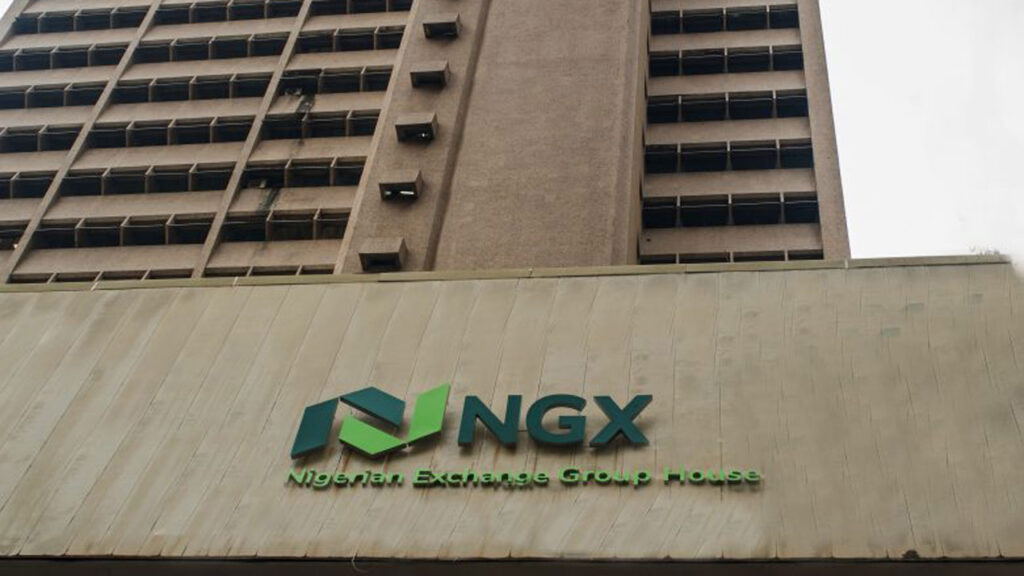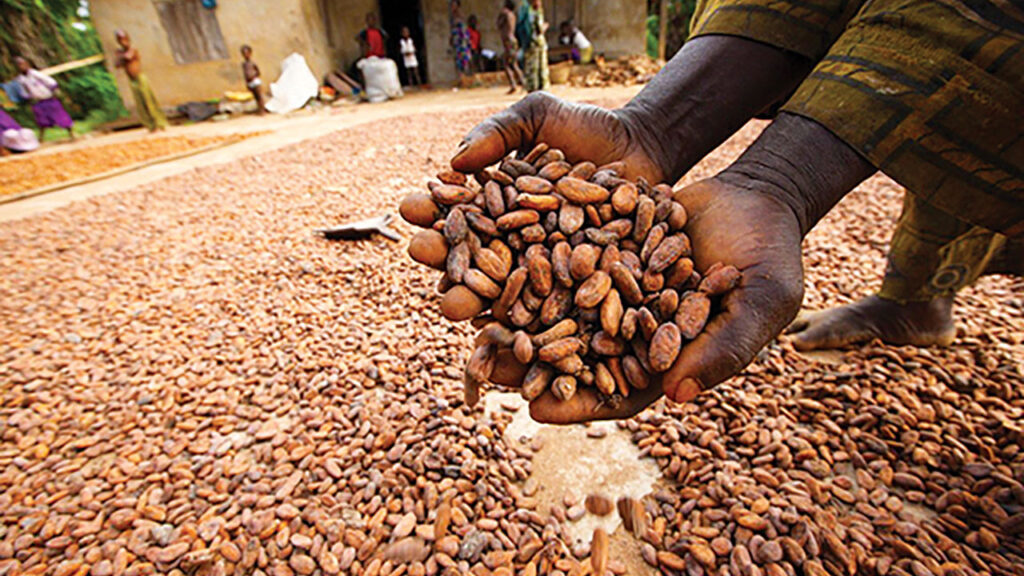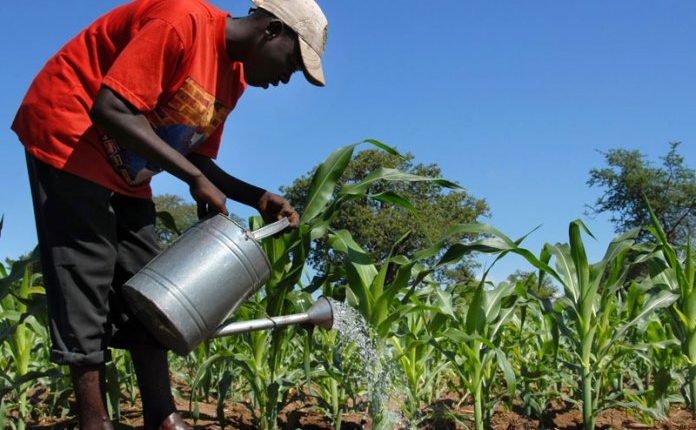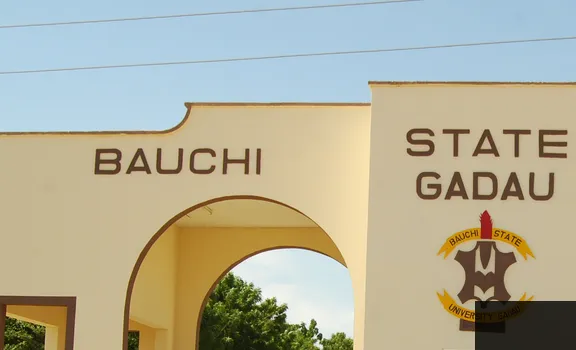
• AfDB supports country with $1.76 billion funding
President of the African Development Bank (AfDB), Dr Akinwumi Adesina, yesterday dismissed monetary tightening as capable of addressing the food price crisis, insisting the only solution is scaling food production.
The ex-Nigeria’s minister of agriculture said this during an interview with select journalists in Lagos.
His position came on the heels of ultra-liquidity tightening measures taken by the Central Bank of Nigeria (CBN) to rein in runaway inflation and save the naira.
Recall that the interest-fixing arm of the CBN, the Monetary Policy Committee (MPC), at its meeting last week raised the already-high anchor rate by 400 basis points to a multi-decade high of 22.75 per cent.
The apex bank has also been involved in an aggressive bond auction since the beginning of the year in a separate attempt to crawl back the money supply to ease the pressure on naira and prices.
But Adesina said the efforts fall short of what the country must do to tame rising food prices and ease the misery the recent sharp fall in the value of naira and associated rising inflation has caused Nigerians.
“You don’t necessarily deal with food inflation with your standard microeconomic policy of target money supply. You deal with it by producing food. I think it is important to deal with that,” Adesina noted, stressing that the major driver of the sharp price rise is cost-push factors, including security. Solutions to the challenges, he pointed out, are not monetary but structural.
But he assured that the bank is deeply involved in efforts to unlock the food production potential of the economy with funding programmes that are targeted at scaling up maize, soya beans, rice, cassava and wheat production.
The bank, he said, has approved $134 million for Nigeria to implement its emergency food production plan that would increase the supply of rice, maize and other food items by four million tonnes before the end of November.
For sustainability, Adesina advised the federal government to return to the electronic wallet system for distribution of fertilisers to smallholder farmers, innovation credited to him during his days as a minister.
The AfDB boss said Nigeria needed additional support in the form of concessional funding to tackle its economic challenges, including foreign exchange (FX) illiquidity.
The development bank, he said, would extend $1.76 billion to Nigeria this year with discussion ongoing with the Minister of Finance and Coordinating Minister of the Economy, Wale Edun, for a $1 billion “budget support operation that will go in two tranches”.
The funding, he said, would, however, need to be approved by the AfDB board before disbursement could be done.
Adesina was confident that Nigeria would overcome its economic challenge. However, he noted that every economic policy requires consistent review with a focus on improving the welfare of the masses.

